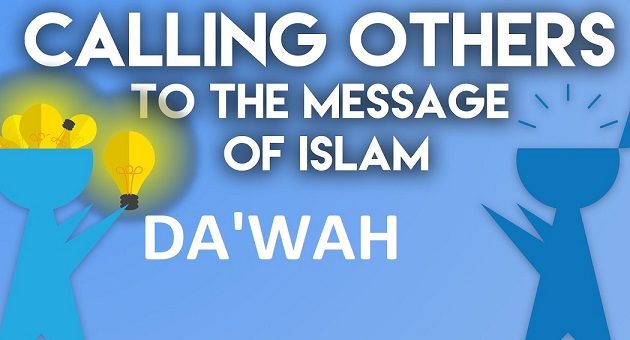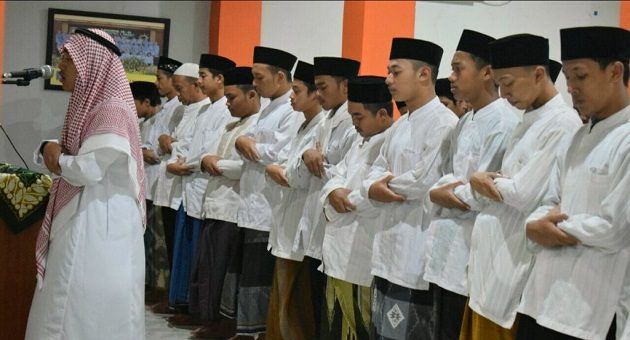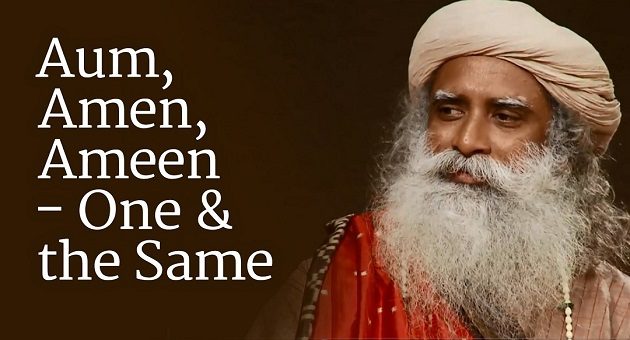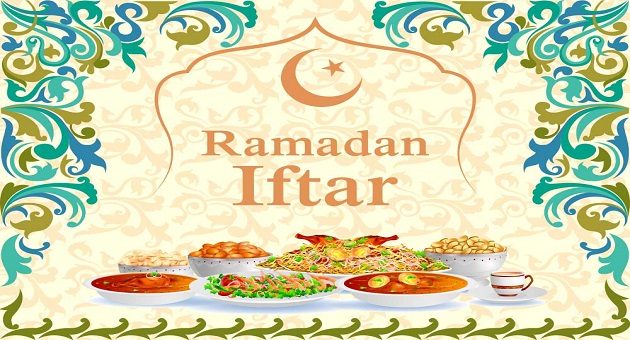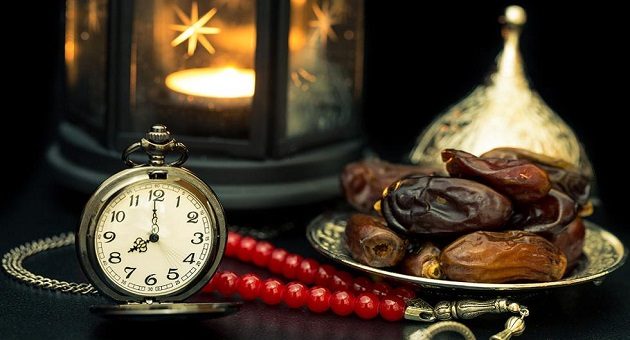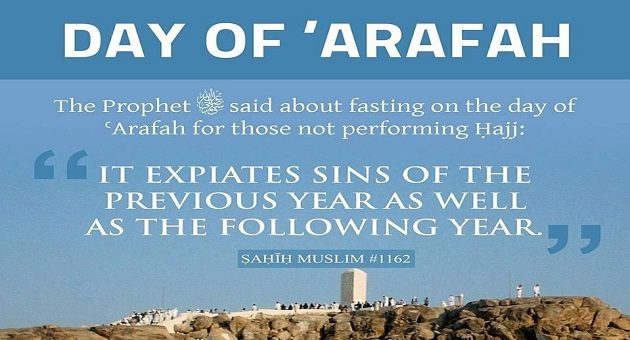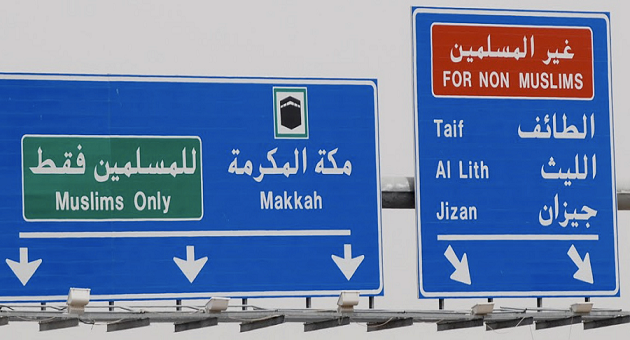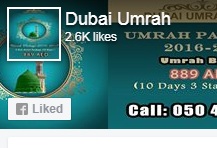In Islam, it is accepted that the destiny of every individual is in Allah’s grasp, so it isn’t the duty or right of individual Muslims to endeavor to “convert” others to the faith. The objective of da’wah, at that point, is just to share data, to welcome others towards a superior comprehension of the faith. It is, obviously, dependent upon the audience to settle on their own decision. In present-day Islamic religious philosophy, da’wah serves to welcome all individuals, both Muslims, and non-Muslims, to see how the worship of Allah (GOD) is depicted in the Quran and rehearsed in Islam. A few Muslims effectively ponder and participate in da’wah as.
The term Imam alludes to the Islamic prayer leader, a place of respect inside the Muslim people group. Imams are chosen for their devotion, learning of Islam, and aptitude in the recitation of the Quran. Furthermore, the imams of the Grand Mosque (Masjid Al-Haram) in Makkah hold a particularly significant position. The imams of Makkah hold a regarded situation with incredible duty. Their Quran recitation must be exact and welcoming since these imams have an exceptionally unmistakable job. Satellite and online TV presently communicate the petitions of Makkah live the world over, and the imam’s voices become synonymous with the blessed city and Islamic custom. Since they are guidelines otherworldly.
The Imam leads to Islamic prayer and supports the community with spiritual advice. An Imam is chosen at the community level. Individuals from the community pick somebody who is viewed as learned and insightful. The Imam should know and comprehend the Quran and have the option to recite it effectively and delightfully. The Imam is a regarded individual from the community. In certain communities, an Imam might be explicitly selected and employed and may have experienced some unique preparing. In other (littler) urban areas, Imams are frequently looked over among the current individuals from the Muslim people group. There is no widespread administering body to direct Imams; this is done.
Muslims, Jews, and Christians have numerous similitudes in the manner in which they implore, among them the utilization of the expression “so be it” or “Ameen” to end prayers or to accentuate key expressions insignificant prayers. For Christians, the end word is “so be it,” which they customary interpret as meaning “so be it.” For Muslims, the end word is very comparative, however with somewhat extraordinary elocution: “Ameen,” is the end word for prayers and is additionally frequently utilized toward the finish of each expression insignificant prayers. Ameen (additionally articulated ahmen, aymen, so be it or amin) is a word that is utilized in Judaism, Christianity and Islam to express.
The imams of Makkah are chosen and delegated by an illustrious pronouncement by the Custodian of the Two Holy Mosques (King) of Saudi Arabia. There are generally a few imams on record, as they share obligations during different occasions of day and year, and fill in for each other in the event that at least one is missing. The imams of Makka are commonly very knowledgeable, multilingual, amiable, and have recently filled in as imams of other driving mosques in Saudi Arabia before accepting their arrangements to Makka. Here are some of the leading Imams of Mecca. Sheikh Abdulla Awad Al-Jahny. Imam of the Grand Holy Mosque since 2008. Sheikh.
The Iftar is the dinner served by the day’s end during Ramadan, to break the day’s fast. Truly, it signifies “breakfast.” Iftar is served at nightfall every day of Ramadan, as Muslims break the day by day Fast. The other supper during Ramadan, which is taken toward the beginning of the day (pre-day break), is called Sehar or Sehri. Muslims generally first break the fast with dates and either water or a yogurt drink. After Maghrib supplication, they at that point have a first-class dinner, comprising of soup, serving of mixed greens, hors d’oeuvres and principle dishes. In certain societies, the luxurious dinner is postponed into later at night or.
Islamic researchers have laid out fasting necessities for the all-inclusive community and clarify the housing that can be made when somebody can’t fast due to disorder or other wellbeing reasons. There are general rules and unique cases for conditions, for example, affliction and constant medical issues, for example. A pregnant lady who thinks fasting will hurt her infant is pardoned from fasting. Likewise pardoned are explorers, the old and the crazy. Notwithstanding, the individuals who are proficient are required to compensate for missing the fast when it is allowable. Poor people might be pardoned yet should approach Allah for absolution. Among satisfactory activities during Ramadan, Muslims can shower, draw blood,.
In accordance with the long history of fasting in the Abrahamic beliefs, Muslims fast from sunrise until sunset during the period of Ramadan, which happens in the ninth lunar month of the Islamic schedule and keeps going between 29 to 30 days (dates may differ because of moon-locating, and the length of fasting may change dependent on a spectator’s area). Fasting is one of the five mainstays of Islam just as perhaps the best demonstration of love a Muslim can perform. The demonstration of fasting during Ramadan has explicit guidelines and standards. The thought is to purify one’s body, psyche, and soul from the world’s polluting influences, improve good character,.
The Day of Arafat (Arafah) is an Islamic occasion that falls on the ninth day of the long stretch of Dhu al-Hijah in the Islamic schedule. It falls on the second day of the Hajj journey. On this day, travelers, while in transit to Mecca, visit Mount Arafat, a high plain that is the site from which the Prophet Mohammad (PBUH) gave a renowned lesson close to an incredible finish. Since the Day of Arafat depends on a lunar schedule, its date shifts from year to year. Here are the dates of the following couple of years. 2018: Monday, August 20. 2019: Saturday, August 10. 2020: Thursday, July 30. 2021:.
Mecca – home to the Kaaba, Islam’s holiest site, also called the House of God (Allah) – is situated in a tight valley in the Hijaz district (supposed as a result of the geology of its “Hijaz,” or “spine,” the Sarat Mountains, which comprises of volcanic pinnacles and profound discouragements) of Saudi Arabia, around 40 miles inland from the Red Sea coast. Non-Muslim visitors are banned in the Quran: “Oh you who believe! Truly the idolaters are unclean; so let them not, after this year, approach the Sacred Mosque. …” (9:28). This verse specifically refers to the Grand Mosque in Mecca. There is some discussion about the accurate zone and.





